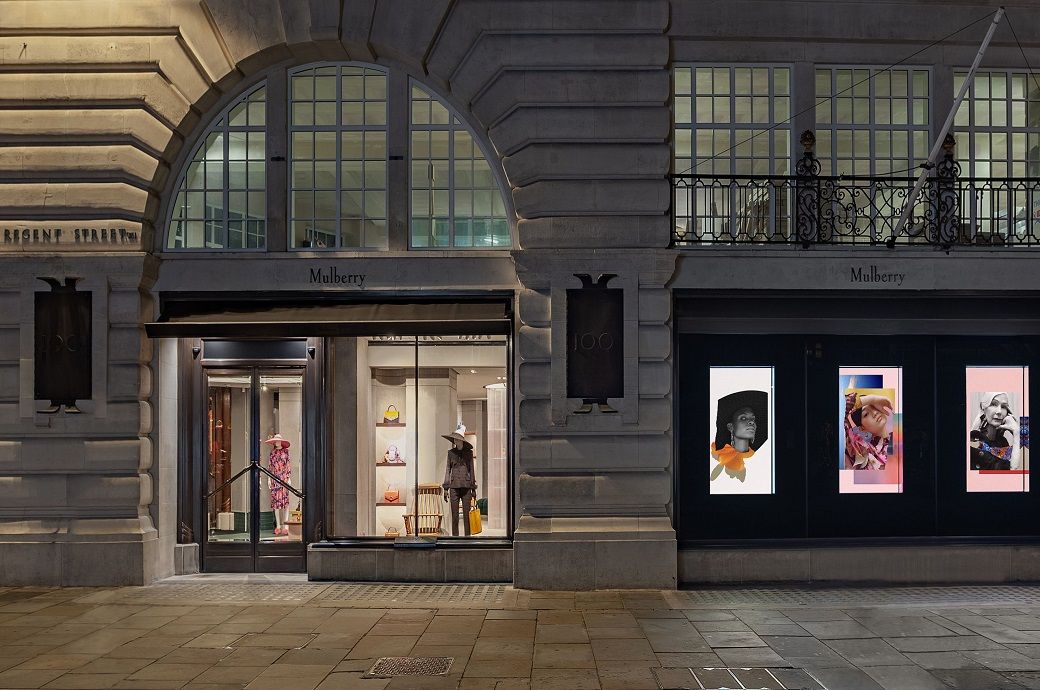
Mulberry Group plc, a renowned British luxury brand, has reported a significant decline in its financial performance for the first half of fiscal year 2024. The company posted revenues of £56.1 million, approximately $70.3 million, reflecting a sharp 19 percent year-over-year decrease compared to £69.7 million in the same period during 2023. This downturn has been attributed to a complex array of global economic challenges that have affected the retail landscape.
Gross profit also suffered, plummeting 24 percent to £37.3 million, or around $46.71 million, resulting in a reduced gross margin of 67 percent down from 70 percent the previous year. The UK retail sector was particularly hard hit, with sales dropping 14 percent to £31.3 million. Meanwhile, international sales fell 17 percent, underscoring the widespread impact of the economic climate on Mulberry’s operations.
CEO Andrea Baldo, who has been at the helm for less than three months, emphasized the need for a strategic revitalization of the brand. He noted that the iconic status of Mulberry is rooted in its rich heritage and craftsmanship, qualities that resonate deeply with consumers. Baldo’s focus is on renewing the brand’s relevance, starting with the UK market and expanding internationally.
The company also reported an underlying loss before tax of £15.3 million, an increase compared to £12.3 million in the first half of 2023. This was compounded by a reported loss before tax of £15.7 million versus £12.8 million in the same timeframe last year. Digital sales performance remained a bright spot, accounting for 33 percent of the overall revenue, a rise from 29 percent in 2023.
In terms of specific sales channels, UK store sales declined by 17 percent, although the average transaction value surprisingly increased by 9 percent, indicating a shift in consumer purchasing behavior. Digital retail experienced an 8 percent downturn; however, the average transaction value rose by 1 percent, now representing 38 percent of total UK retail sales, up from 35 percent the previous year.
Internationally, total retail sales also faced challenges, decreasing by 17 percent to £19.5 million. The Asia Pacific region was particularly vulnerable, suffering a sharp 31 percent decline in retail sales. In contrast, the Rest of World category, which includes markets like Europe and the US, reported a slight increase of 2 percent. Notably, Ireland saw an 8 percent rise in store sales after a reclassification adjustment, while Italy experienced a remarkable 51 percent increase.
The company undertook a stock optimization strategy to mitigate inventory and working capital issues, but still recorded a cash outflow of £7.0 million for the period. A decrease in net working capital provided some relief, with a cash benefit of £15.7 million largely attributed to reduced inventory levels. Mulberry continues to invest in key areas such as omni-channel distribution and international development, although spending has been carefully managed in light of current trading conditions.
Andrea Baldo concluded that despite his brief tenure, the urgent need for transformation is clear. With a commitment to underscore Mulberry’s unique offerings of responsibly crafted luxury products made in the UK, Baldo is focused on strategies to rejuvenate the brand’s presence both locally and abroad.






